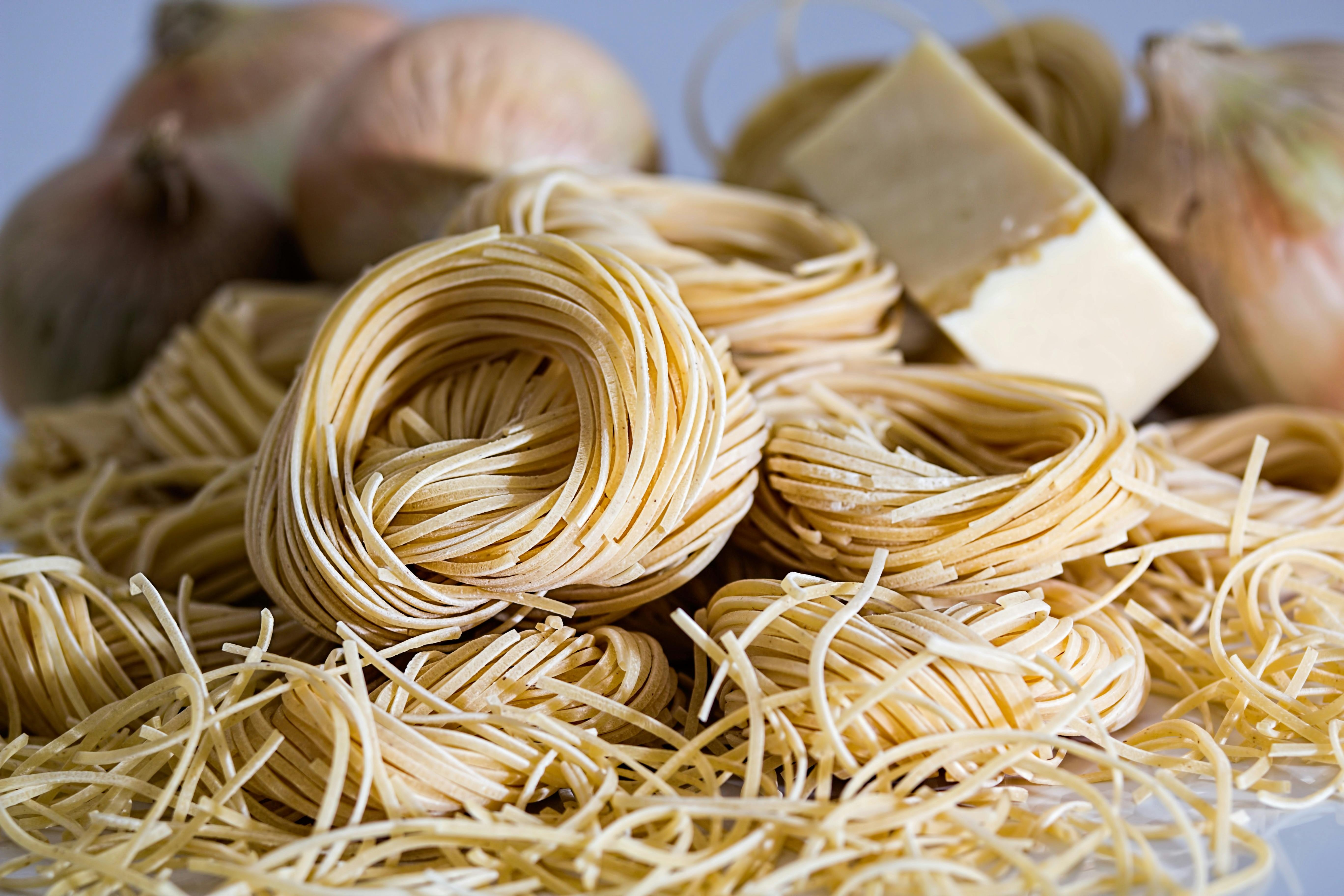

Pasta, bread, potatoes – carbohydrate-rich foods often get a bad rap. Many people fear they contribute to unwanted weight gain. But is that really true?
While the body can rely on fat as an energy source in many situations, the brain and red blood cells prefer glucose. In times of stress, inflammation, or intense physical activity, the body's demand for carbohydrates increases.
If carbohydrate intake is lower than the body's needs, the body will turn to protein for energy. This often leads to unpleasant side effects like fatigue, concentration issues, or sleep problems.
But what exactly are carbohydrates?
Carbohydrates are a group of nutrients found in many foods, primarily serving as an energy source. They can be categorized into long-chain and short-chain carbohydrates. Long-chain carbohydrates include complex sugars like starch, which are found in foods such as rice, potatoes, quinoa, and other grains. Many grain-based products also contain these carbohydrates. Fructose, found in fruits, is also a type of carbohydrate, as are sugars present in processed foods, sweets, and even in some beverages (like beer).
What role do carbohydrates play in our body?
Carbohydrates are the body's primary energy source. They provide 4.1 kilocalories per gram. The body can use this energy in two ways: First, glucose is transported through the blood to the muscles and organs to provide immediate energy. Secondly, excess glucose is stored in the liver and muscles as glycogen, which can later be converted back into glucose when needed. A healthy body can store about 300 to 600 grams of glycogen – with about a third in the liver and the rest in the muscles.
Practical tip
If your daily life is particularly stressful or physically demanding, you should consider increasing your carbohydrate intake. Make sure to spread them throughout the day and prioritize unprocessed sources like whole grains, fruits, and vegetables. These foods help avoid blood sugar spikes and ensure that your energy remains stable throughout the day.
Fast-acting carbohydrates, like those found in sweets, should not be a regular part of your diet. The exception is during intense exercise: consuming fast sugars, like those found in sodas, just before or during a workout can give you an energy boost, improving performance and
Enjoy your day MOVITOS